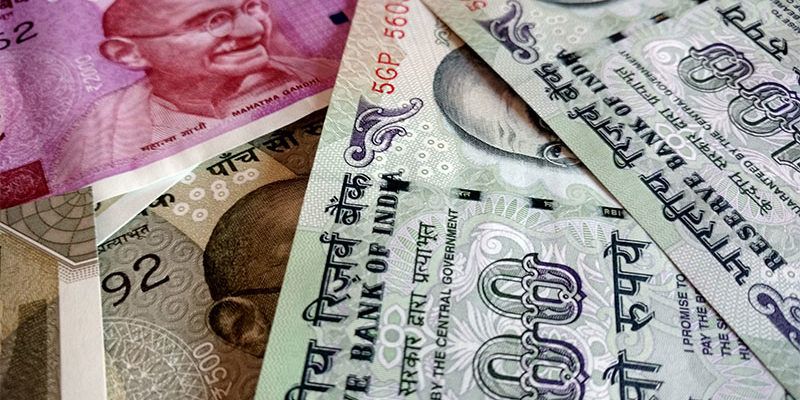Above and beyond, normal channels of remittance to India from cross-borders (overseas jurisdiction), there are two more channels for receiving inward remittances, viz. Rupee Drawing Arrangement (RDA) and Money Transfer Service Scheme (MTSS) are the most common arrangements under which the remittances are received into India.
Money Transfer Service Scheme (MTSS) is the most common channel to transfer personal remittances from abroad to beneficiaries in India up to a limit of USD 2500 on individual remittance for family maintenance. The remittances favouring foreign tourists visiting India are permissible under MTSS. A single individual beneficiary can receive a maximum of thirty remittances under the scheme during a calendar year.
Beneficiaries in India can receive inward remittances through banking and postal channels for the purposes of family maintenance. However, donations or contributions to charitable institutions / trusts, trade related remittances, remittance towards purchase of property, investments or credit to NRE Accounts are not allowed through this arrangement. Amount up to Rs.50000 may be paid to the beneficiary in cash. Amount exceeding Rs.50000 shall be paid by means of account payee cheque/ demand draft/ payment order, etc., or credited directly to the beneficiary’s bank account. Payments to the beneficiary can be loaded on a pre-paid card issued by banks. However, in exceptional circumstances, where the beneficiary is a foreign tourist, higher amounts may be disbursed in cash.
Under the scheme, there is a tie-up between reputed money transfer companies abroad known as Overseas Principals and agents in India known as Indian Agents who would disburse funds to beneficiaries in India at ongoing exchange rates. The Overseas Principal should be a registered entity, licenced by the Central Bank of the Country concerned / Government or financial regulatory authority of the country concerned for carrying on Money Transfer Activities. The country of registration of the Overseas Principal should be Anti-Money Laundering (AML) compliant. In addition to the above, to commence/operate a payment system in India, the Overseas Principal should obtain necessary authorisation from the Department of Payment and Settlement Systems of Reserve Bank of India under the provisions of the Payment and Settlement Systems Act (PSS Act), 2007. To become an Indian Agent, the applicant should be an Authorised Dealer Category-I bank or an Authorised Dealer Category-II or a Full Fledged Money Changer (FFMC) or the Department of Posts who have to obtain permission from the concerned Regional Office of RBI (Foreign Exchange Department). The Indian agents are allowed to appoint sub-agents who are commercial entities having a place of business which can be retail outlets. Provided, the bonafides of sub-agents shall be acceptable to the Indian Agent.





Dear Surendra Naik
i am a CPA here in San Antonio, Texas, USA
for the past 6 years my wife and i have been supporting an orphan in Chennai to assist him financially to be able to attend college.
His name is Sundara Pandian.
Sundara has finished his education , is now married with a new baby girl.
We have been sending small amounts of money during the Covid crisis to help Sundara and his family.
Here is my question, Sundara has purchased a home 2 years ago and we would like to payoff his mortgage, which is approximately USD $13,000. I am in contact with his banker in Chennai, but it seems to be very difficult to be able to transfer money for him to payoff his mortgage. DO you have any ideas that would help me? thank you for your time and consideration
Individuals, Associations, and Non-Profit Companies intending to receive the funding in India from foreign sources exceeding Rs25000 (around 300$)are needed to comply with and are subject to the regulations made by the government (under Foreign Contribution regulation acts) in this regard. It is a difficult process.